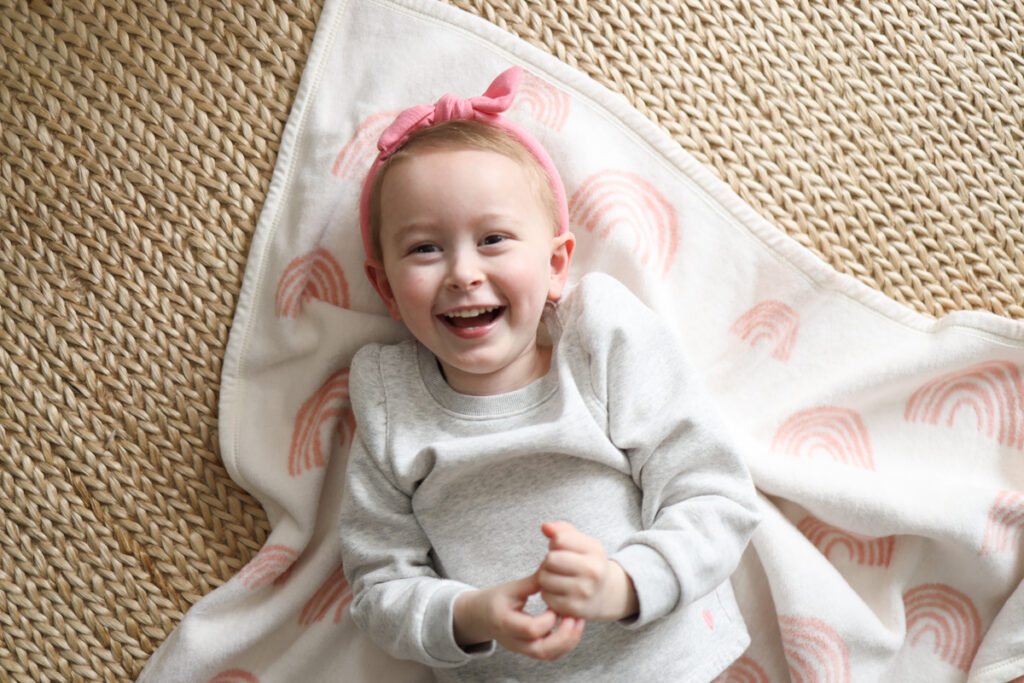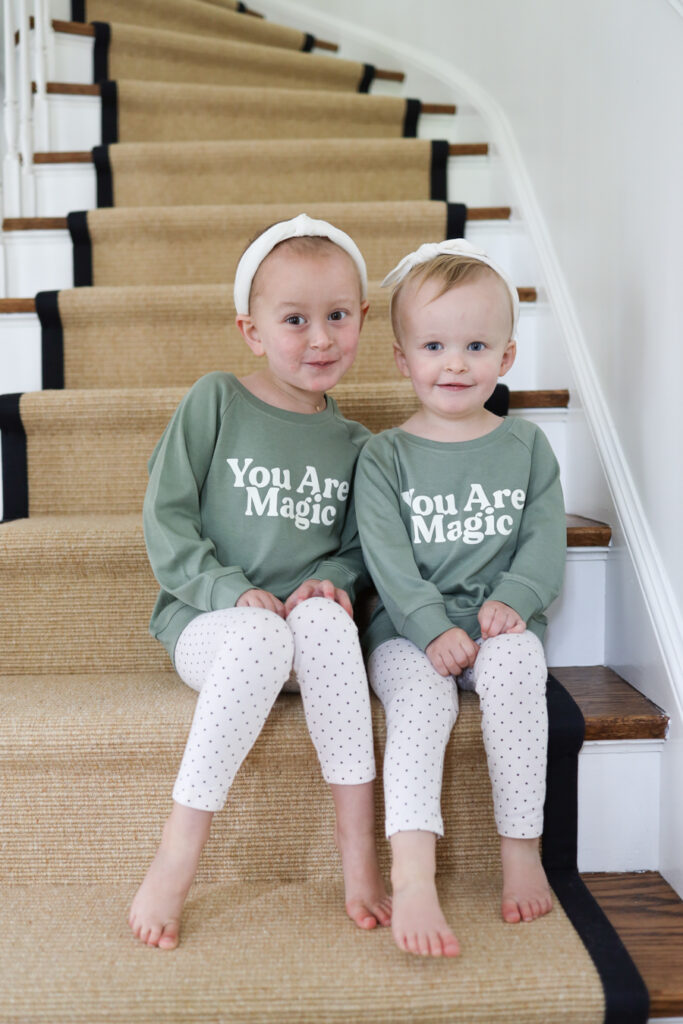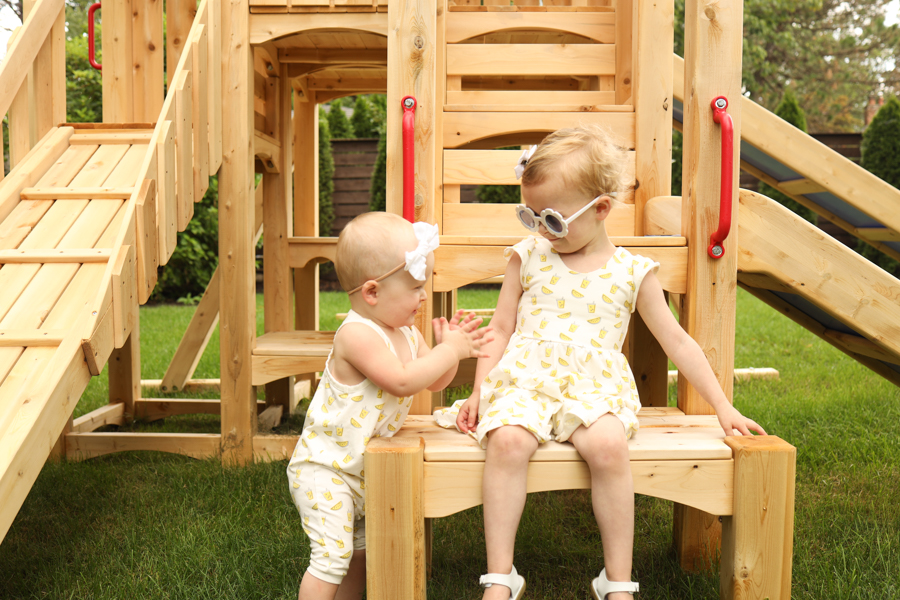Health
How to Support Someone Through Cancer Treatment
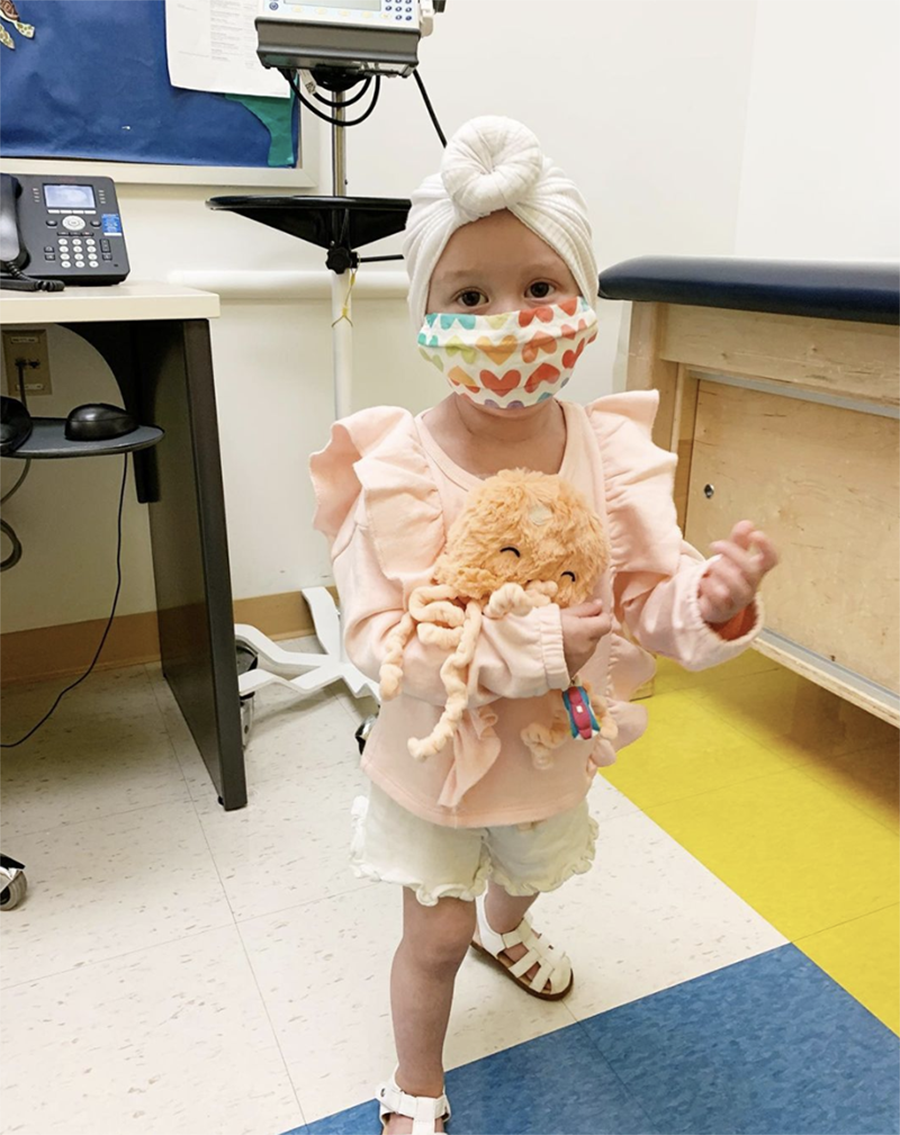

When you’re first facing a cancer diagnosis as a patient or caregiver, you find yourself going through the motions and slowly trying to come to terms with a life-altering new reality. As a friend, you want to help but no one knows what to do. We didn’t know what we needed and spent most days just trying to survive and care for our toddler. Now that we’re eight months into treatment, I want to help others who might be going through this as a patient, caregiver, or friend. And please consider making a donation to our fundraiser.
How to Support Someone Through Cancer Treatment
One of the common stories I’ve heard from the parents I’ve spoken with is that they were completely overwhelmed with messages and gifts in the beginning. I experienced some anxiety and guilt around it – the lack of bandwidth to get back to people, not knowing what to say, and the inability to answer questions without feeling like I was falling apart. Conversations felt impossible.
I talked about how to support someone immediately after a diagnosis, but when the dust settles and you slowly begin to adjust to this new “normal,” people go back to their lives and often stop checking in. My closest friends have been incredible, but (and this is pretty blunt but it’s the truth) there are people I thought would show up (even occasionally via text) that completely dropped off the face of the earth. The other moms I talk to have said the same thing. Eight months later, we’re still going through treatment and it can be so lonely. A simple “Hi, I’m thinking of you today” or “sending love” means the world.
I want to share some of the ways people showed up for us during cancer treatment.
About half of these tips came from friends or readers, and I added some things that meant a lot to me as well.
Stay in touch
The most meaningful gestures were messages (texts, calls, cards, instagram messages) of love and support. People physically showing up to say hi (from a distance) outside. That is what I needed more than anything. But for others, it’s a meal train or gift cards. Or maybe it’s help with errands. I would recommend reaching out to a family member or close, close friend – someone in the patient’s inner circle – and find out what is most-needed.
Do not forget about us
If your friend tells you something big related to treatment is coming up, mark it on your calendar and check in. If you know they have clinic every Thursday, send a message saying you hope it goes well. Send a text once a week saying “thinking of you” or “hope this week has been ok”. It’s always so uplifting and feels a lot less lonely. Everyone said this is huge, and I felt it, too. When my friends check in, it means the world. I’ll also get messages from people I don’t know on instagram telling me they’re thinking of us. It’s so touching.
Remember hard treatment days
When Margot was about to start DI (the most aggressive block of treatment), Conor and I were trying to figure out how to both be at clinic when she was given her first dose of the strongest and most toxic drug she would receive throughout treatment. No one was isolated enough to watch Kate at the time which was never an issue since due to COVID since only one parent is allowed at clinic. An exception was made so I messaged a friend (a mom who has been through this before) to get her advice. She said the only thing on her calendar for that day was Margot starting DI and that since she was isolated, she’d be happy to watch Kate for us. I broke down crying – it was so meaningful. The gesture was wonderful, but the fact that she had it on her calendar meant everything. We were not alone.
Plan something special
Friends had a big (surprise) drive by parade for Margot. It meant everything to us to see everyone after the hardest, loneliest few weeks of our lives. We felt so loved and supported! This is a wonderful, beautiful thing to do for a family going through treatment.
Another friend (a mom going through treatment with her daughter) sent flowers when Margot finished DI. I cried so hard when I read her note. We did it, and I knew we were in this together. The flowers were lovely but honestly, the note was everything I needed.
Our close friends surprised us by setting up a trick-or-treating moment for Margot on our front lawn. It was so sweet and we loved getting to visit from a distance for a little bit.
Another friend has driven 45 minutes a handful of times, to visit outside. We were able to spend time on my patio and even met at a nursery to pick up mums. It was so nice to have those normal moments with her.
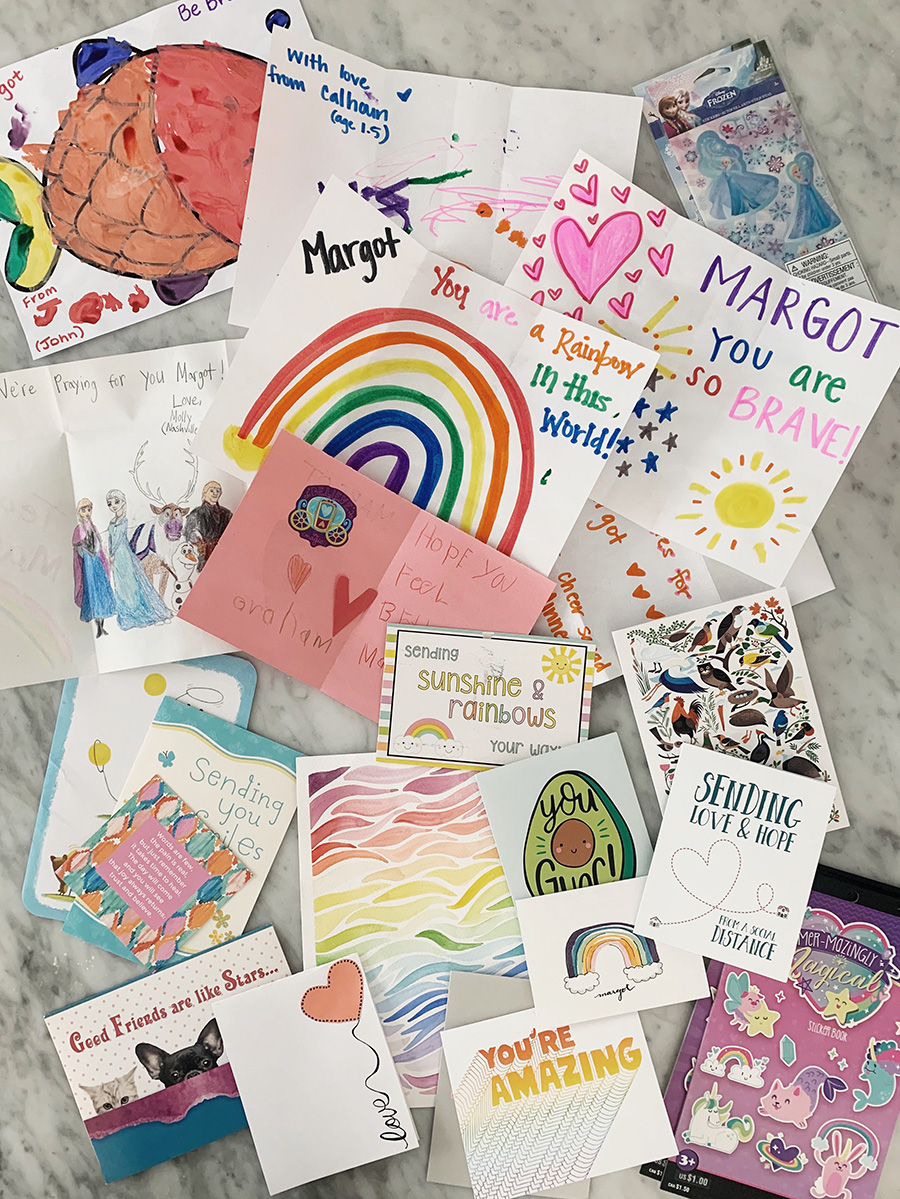
How to Support Someone Through Cancer Treatment
Give us permission to not talk about cancer treatment.
I’ll never forget my friend coming over for a visit on our patio. She asked if I wanted to talk about treatment or if I’d prefer to talk about something else, and it was so freeing. We had a hard week and I told her I’d love to have a normal, non-treatment related conversation. It was so nice to not wonder if the questions are coming. It’s not fun when you’re trying to enjoy time with friends and people start asking very specific questions about treatment, especially in front of Margot. If she’s there I shut it down quickly, but if she’s not I have major boundary issues and am not great at saying that I’d rather talk about something else.
Let us tell you how things are going if we want to.
It’s ok to say “I hate this for you” or to tell us it’s not fair. That’s so much better than trying to relate or compare, unless you’ve been through it.
Keep things simple.
Any toys or gifts for a child going through treatment should be something small and portable for the hospital. A few parents said large toys started pouring in and that it was very overwhelming. Stickers or a small activity book are always a nice (small) surprise for clinic days.
Help with errands.
One of my friends will occasionally text from the store and ask what she can pick up for us. I very rarely take her up on it but it feels so good that someone’s thinking of us and knows things still aren’t easy. If you want to help, make it so it’s easy to say yes.
Make mealtime easier.
If you want to send dinner, be specific. Say that you’d like to bring dinner next week and ask if Monday is ok. This makes it harder to say no. Meal trains can be amazing and from what I’ve learned are hit or miss with families in treatment. It sounds like they’re a good fit for families with older children. The two moms I’m closest to felt really overwhelmed by the idea and didn’t do it. I tried and was so grateful, but in the end it felt like a lot. We also had a bunch of food at home and ended up in the hospital for a week, and so much of it went bad. Part of me felt like we were putting people out, and for those who wanted to order take-out, it was too much trying to coordinate. Again, we were so grateful, but if you really want to help with food, I’d maybe pick 2 days a week for dropping off food. Parents said Grubhub and Postmates gift cards are the best option since they can be used at the hospital, too.
My mother in law and close friends sent Daily Harvest which was the most amazing gift. There was zero time for meal prep, and those smoothies and bowls were healthy and easy. We still have them almost daily.
Help with cleaning.
A reader told me that she got together with a group of friends to pay for a year of cleaning services for a friend going through treatment. Such a wonderful, helpful thing to do. I realize that’s a huge expense, but helping make sure a home is clean after a week in the hospital is a big one. My mother-in-law had our house cleaned before we got home and it was so helpful.
They also built and painted Margot’s play house when we were in the hospital. I’ve mentioned this before but acts of kindness are my love language, so any time someone checks in or says/does something kind, I’m a puddle.
Don’t avoid talking about normal life (when we’re ready).
After the dust settles, we want to have a normal conversations. Send funny photos. Show us your newly organized closet. The best thing you can do for someone going through a cancer diagnosis is to show up, even if it’s just via a text to say hello. We need you, and even if we’re quiet those first few months, it means the world when you remember us.
Was someone you love just diagnosed? Here’s how to support someone immediately after a cancer diagnosis.



